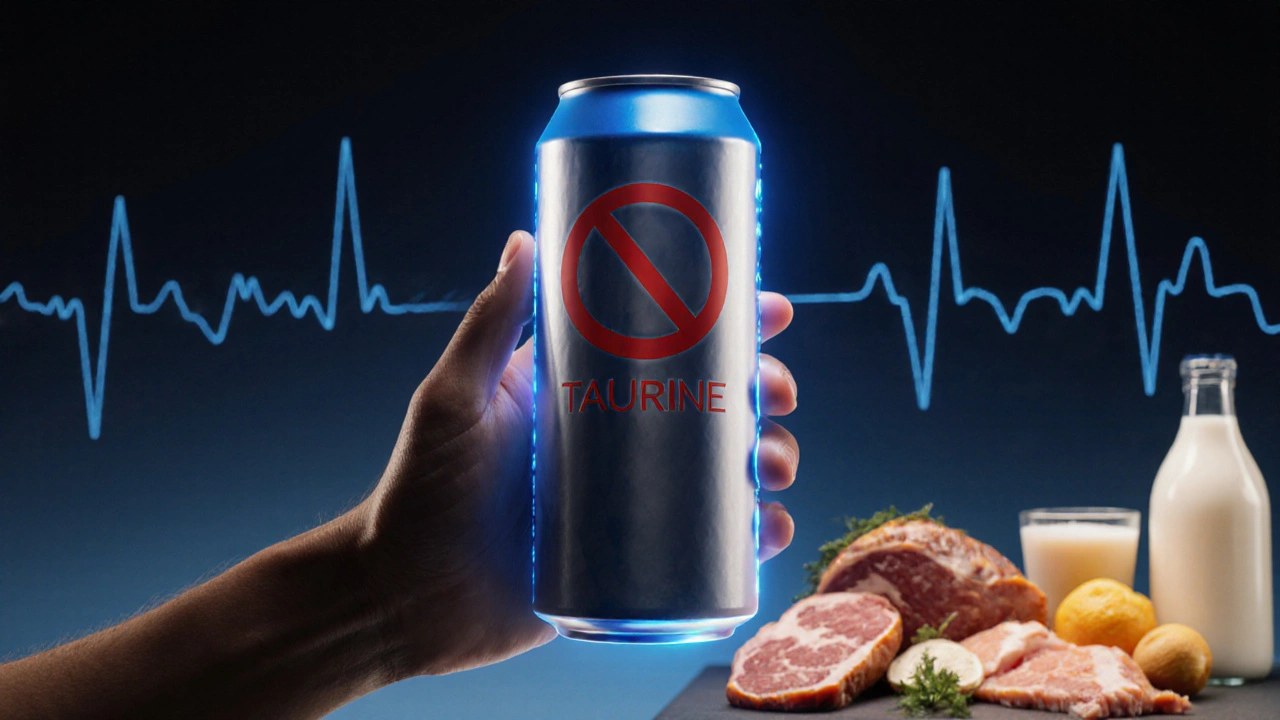Athlete Health: Guides, Tips, and Science
When focusing on athlete health, the overall well‑being and performance of sportspeople. Also known as sports nutrition, it covers everything from daily fuel choices to recovery strategies. A crucial part of athlete health is energy drinks, caffeinated beverages designed to boost alertness and endurance, which can both help and hinder depending on use. Equally important is hydration, maintaining fluid balance to support muscle function and temperature control. Together, these elements shape how athletes feel, train, and compete.
Understanding athlete health means looking at the relationship between nutrition and performance. Good nutrition supplies carbs for quick energy, protein for muscle repair, and micronutrients for metabolic health. When athletes match their food intake to training intensity, they see steadier energy levels and faster recovery. On the flip side, missing key nutrients can cause fatigue, cramps, or even injury. That’s why many sports programs stress personalized meal plans that sync with workout schedules.
Key Topics in Athlete Health
One common question is whether energy drinks are a safe shortcut. The answer depends on caffeine dose, sugar content, and timing. A low‑sugar, moderate‑caffeine drink before a short, high‑intensity session can sharpen focus, while the same drink before a long endurance event may cause dehydration if fluid needs aren’t met. Pairing a drink with electrolytes or water can offset the diuretic effect of caffeine.
Hydration goes beyond drinking water. Electrolyte balance—sodium, potassium, magnesium—keeps nerve signals firing and muscles contracting efficiently. Athletes who track sweat loss and replace lost salts tend to maintain strength longer during training. Simple tools like sweat tests or urine color checks help gauge hydration status without expensive equipment.
Performance isn’t just physical; mental stamina matters too. Caffeine, found in many energy drinks, can improve reaction time and perceived effort, but excess can trigger jitters or heart palpitations. Knowing personal tolerance and setting a clear limit (e.g., 200 mg before a workout) lets athletes harness the upside while avoiding side effects.
Recovery is the final piece of the athlete health puzzle. Post‑exercise protein within 30‑minutes supports muscle synthesis, and carbs replenish glycogen stores. Adding anti‑inflammatory foods—like berries, turmeric, or omega‑3 rich fish—speeds tissue repair. Even a brief cool‑down or foam‑rolling session can reduce soreness and improve next‑day performance.
Below you’ll find a curated list of articles that dive deeper into each of these areas. From low‑sugar soda options to the science behind beetroot juice for blood pressure, the collection equips you with actionable insights to fine‑tune your training, fuel smarter, and stay healthy on and off the field.
Explore why taurine is banned in many energy drinks, the health reasons behind the restrictions, and safe alternatives for athletes.

